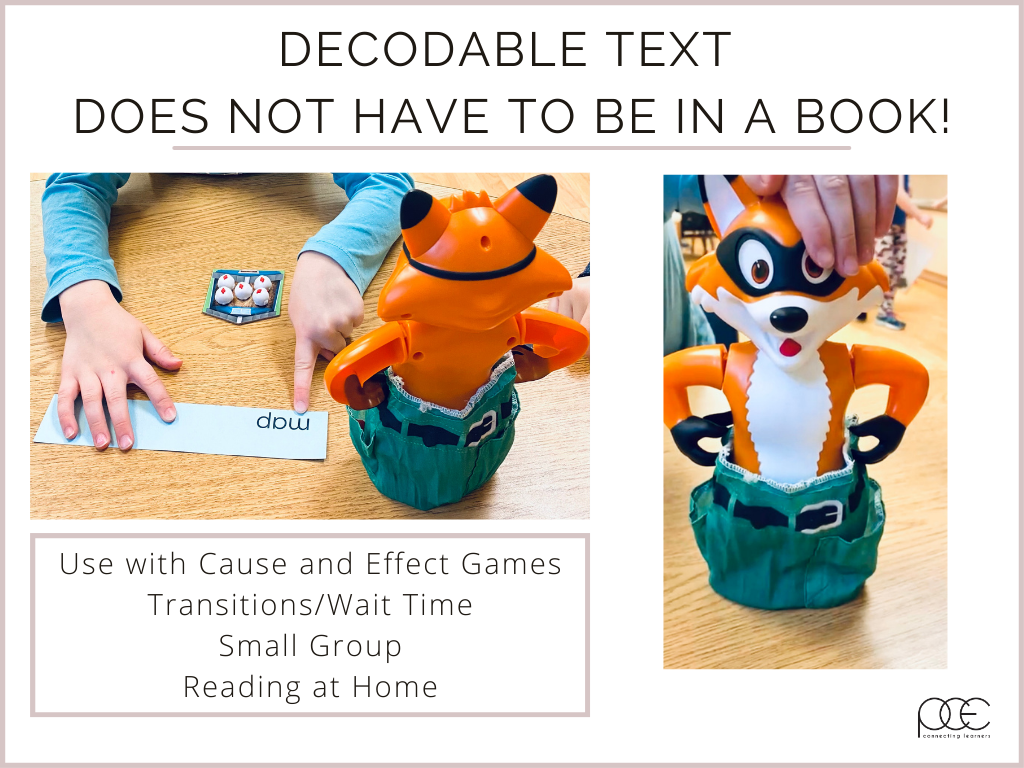
The buzz is big right now in how we are slowly transforming and rethinking literacy in the classroom. With excitement comes uncertainty. We test theories, we make professional judgments, we find success and we fail. Questions swirl as we research and reflect: How much is too much? How long can lessons be? Can this learning […]
There is this growing pressure from different people and groups for young children to read at a younger and younger age. In our experiences, some children are absolutely ready and excited to read simple books in Kindergarten. Other children are not. Developmentally, some children have other needs that should outweigh this pressure for them to […]
Traditionally small group learning takes place with a group of 3-5 students and an educator. Often times the small group is focused on a very specific academic based skill and takes place at a table in the classroom. Sometimes, it is the things that “don’t work” that teach you how to develop a system that […]
You know when you read a text and find yourself nodding along, confirming some of your thinking while also challenging you to be reflective? THOSE are our favourite types of books. Miriam Trehearne does a beautiful job of encouraging readers to think critically about their approach to teaching literacy. So often, we jump on board […]
Over the past year, we have been reflecting a lot on co-constructed alphabets and number lines. Cheryl and I have had rich conversations about their benefits, how they are approached, how they are used, and what their purpose is in a classroom. All over social media, you will see absolutely stunning alphabets, number lines and […]
Repeated, interactive read alouds are a technique developed based on research to support the comprehension and vocabulary development of young children. This technique has been shown… “…to be effective in increasing children’s engagement, understanding, and appreciation of literature in kindergarten settings” – Lea McGee and Judith Schickedanz We have been using this technique for a few years, […]
Today during our Summer Academy course, we had a conversation with educators about the importance of slow transitions built into their days. When transitioning (e.g., from whole group to lunch) it is helpful for young children when we slowly filter them from one area to the other. This supports self regulation by providing them with […]
Today Cheryl and I presented at the Early Literacy Alliance of Waterloo Region Conference at Conestoga College entitled “Living Literacy Throughout the Day” (#livingliteracy). In the spirit of sharing some of what we shared with our colleagues, I thought I would blog about some of the ways that literacy comes through in projects and in […]


